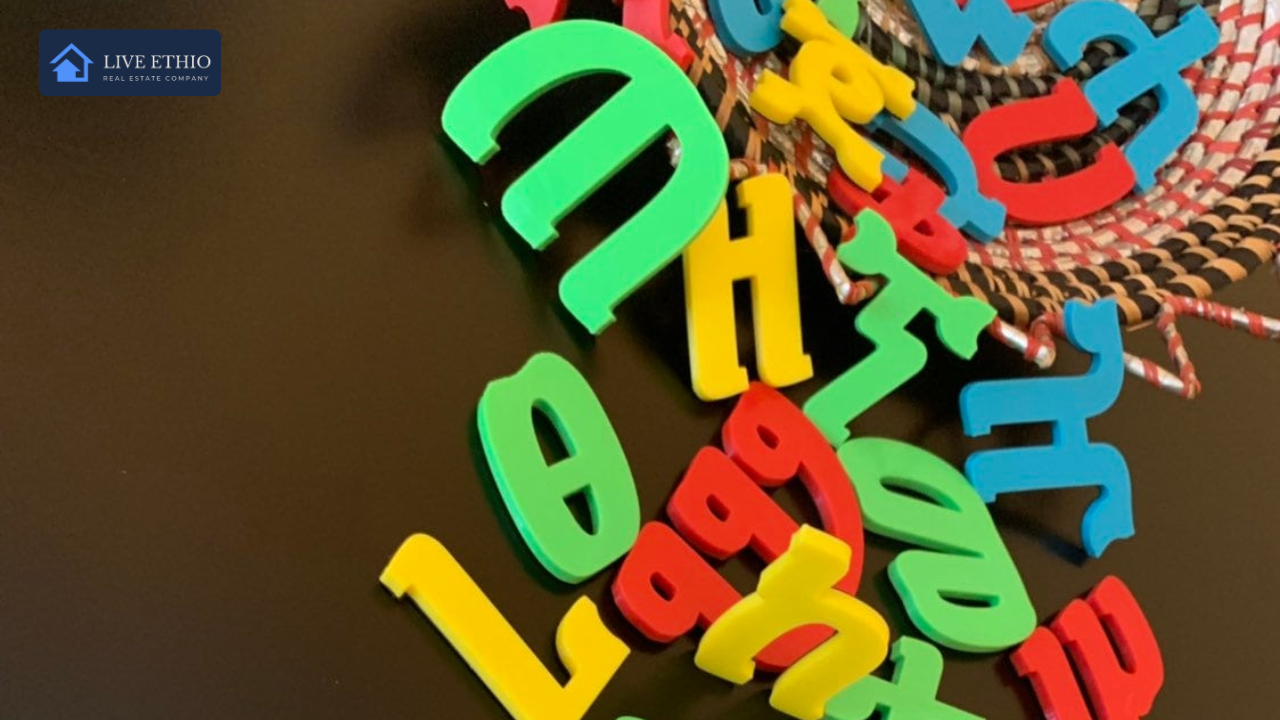Learning a new language is always a journey, but diving into Amharic Ethiopia’s official language and one of the oldest living languages in the world is a uniquely rewarding adventure. With its rich history, distinctive Ge’ez script, and deep cultural roots, Amharic can feel intimidating at first glance, especially for learners unfamiliar with Semitic languages. But don’t worry this guide will walk you through the essentials, give you cultural context, and help you build a strong foundation to start speaking with confidence.
A Language with Centuries of History
Amharic is part of the Semitic language family, closely related to Arabic and Hebrew. Its story begins with Ge’ez, an ancient language still used today in Ethiopian Orthodox Church services. Around the 12th or 13th century, in the Amhara region of northern Ethiopia, Amharic emerged as a spoken language. By the time the Solomonic dynasty came to power, it had replaced Ge’ez in the royal court, becoming the language of governance, literature, and daily life.
Today, over 25 million people speak Amharic as a first language, with millions more using it as a second language. Written in the elegant Ge’ez script known locally as Fidel Amharic has over 200 characters, each representing a consonant-vowel sound. While it may look complex, the system follows predictable patterns, and with regular practice, learners quickly begin to recognize and read it.
Why Amharic is Worth Learning
For travelers, language enthusiasts, and those with personal ties to Ethiopia, learning Amharic is about more than just communication. It’s a gateway to a cultural world rich with ancient traditions, from centuries-old philosophical writings to contemporary music, cinema, and art.
Speaking the language also helps you form authentic connections. Whether you’re bargaining at a local market, sharing in the warmth of a coffee ceremony, or making friends at a neighborhood gathering, even basic Amharic phrases show respect and build trust. For anyone spending extended time in the country perhaps staying in a cozy apartment for rent in Addis Ababa or a spacious house for rent in the countryside knowing the local language can make daily life far more rewarding.
Getting Started the Right Way
The first step is to learn the Fidel alphabet. Skipping it might seem tempting, but reading and pronunciation are much easier once you master the script. Free apps, YouTube lessons, and printable charts are great starting points.
Next, focus on everyday phrases like greetings, simple questions, and polite expressions. Saying “Selam” (hello) or “Ameseginalehu” (thank you) might seem small, but in Ethiopia, these words open doors literally and figuratively.
From there, mix in language-learning apps and real-life conversations. While tools like AmharicPod101 or Memrise provide structured lessons, speaking with native speakerswhether online or at Ethiopian cultural events will accelerate your progress.
Avoiding Common Pitfalls
Many beginners try to learn Amharic by translating directly from English. This often leads to awkward sentences since Amharic sentence structure is quite different. Instead, think in phrases rather than individual words.
Another common mistake is rushing. It’s better to deeply learn 10 useful phrases than to memorize 100 words you can’t recall in conversation. Consistency, rather than speed, will carry you further.
The Cultural Payoff
Learning Amharic isn’t just an academic exercise it’s a doorway into Ethiopian identity. You’ll understand jokes, catch song lyrics, and feel more connected during everyday interactions. If you’re living in Ethiopia, whether in the heart of the capital or a quiet rural town, the ability to speak Amharic transforms your experience from that of an outsider to a welcomed participant in community life.
So, dehna hun take care and enjoy the journey. With patience, practice, and a bit of curiosity, you’ll go from saying “Selam” to holding full conversations before you know it.
